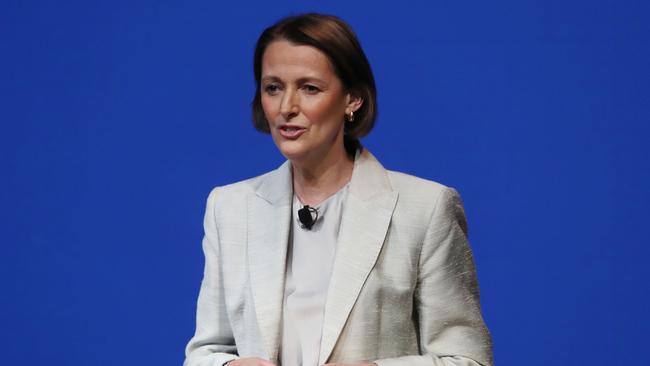
The only certain reality is there will be more. And not just in Telstra – and Optus, for that matter – but right across the workforce.
We are only in the very early days of the AI tsunami, which will make the turmoil and disruption that flowed from the arrival of the smartphone in 2007 look like a slow-moving tortoise in comparison.
In very broad terms, we’ve had three major waves of disruption – with each building on, and out from, its predecessor wave.
Telcos and especially previously lush profit-making core monopoly ‘national’ telcos like Telstra have been at the heart of these storms.
But really all businesses have been swept up in, and indeed all too-many swamped by, them.
For some, it’s been a case of decimated revenues; for others – many – it’s been dramatically slashed costs, huge boosts to productivity, and mammoth new revenue (and profit) streams. And all in barely much more than a dozen years. Or, to be pedantic, a dozen years ‘plus Covid’.
The first was the smartphone and not just the all but end of fixed-line telephony, but the move to a streaming app-based 24/7 connected world.
Indeed, all that built into the second wave: the cloud. And both in turn have joined to lay the foundation for and the huge two-way benefits to be reaped with AI.
But with AI, it’s not so much a case of ‘batteries not included’. But humans.
Instead of people-workers, it’s chips, it’s storage and it’s fibre connectivity.
Yes, all that ‘stuff’ has to be made somewhere; and – some – humans will be involved in that ‘making’.
If we had a cabinet and especially a treasurer who understood even today’s reality, far less had some sense of the broad-front future surging at us, these would be the foundation of a ‘Future Made in Australia’ program.
Instead, we are pouring billions into the fantasy of green hydrogen and, what: trying to outbuild China on low-cost, essentially low-tech wind so-called turbines and solar panels?
Telstra cannot but be part of this future. Either as a drag on it, a failure in it.
Or, hopefully and self-evidently better, as a dynamic player – building a prosperous growth future for itself and delivering for customers.
What CEO Vicki Brady announced on Tuesday was neither a brutal admission of previous tardiness or indeed outright ineptitude, or the first step into that future.
What her predecessor Andy Penn had already done well and truly started the shift.
Both have tried to sustain, essentially successfully, and profitably, Telstra dominance in mobiles – a product/service that straddles both the old and the new emerging reality.
No one really knows how AI is going to play out, except it’s going to be huge, fast and massively disruptive – pretty much like nothing we’ve seen before. Precisely, because it builds on all those other sweeping changes.
Brady knows, and everyone else should understand, that Tuesday really only represented Telstra’s tentative, shall we say, second step. There are huge leaps to come.




Telstra’s job cuts were certainly shocking. They are brutal. They are also utterly unavoidable.